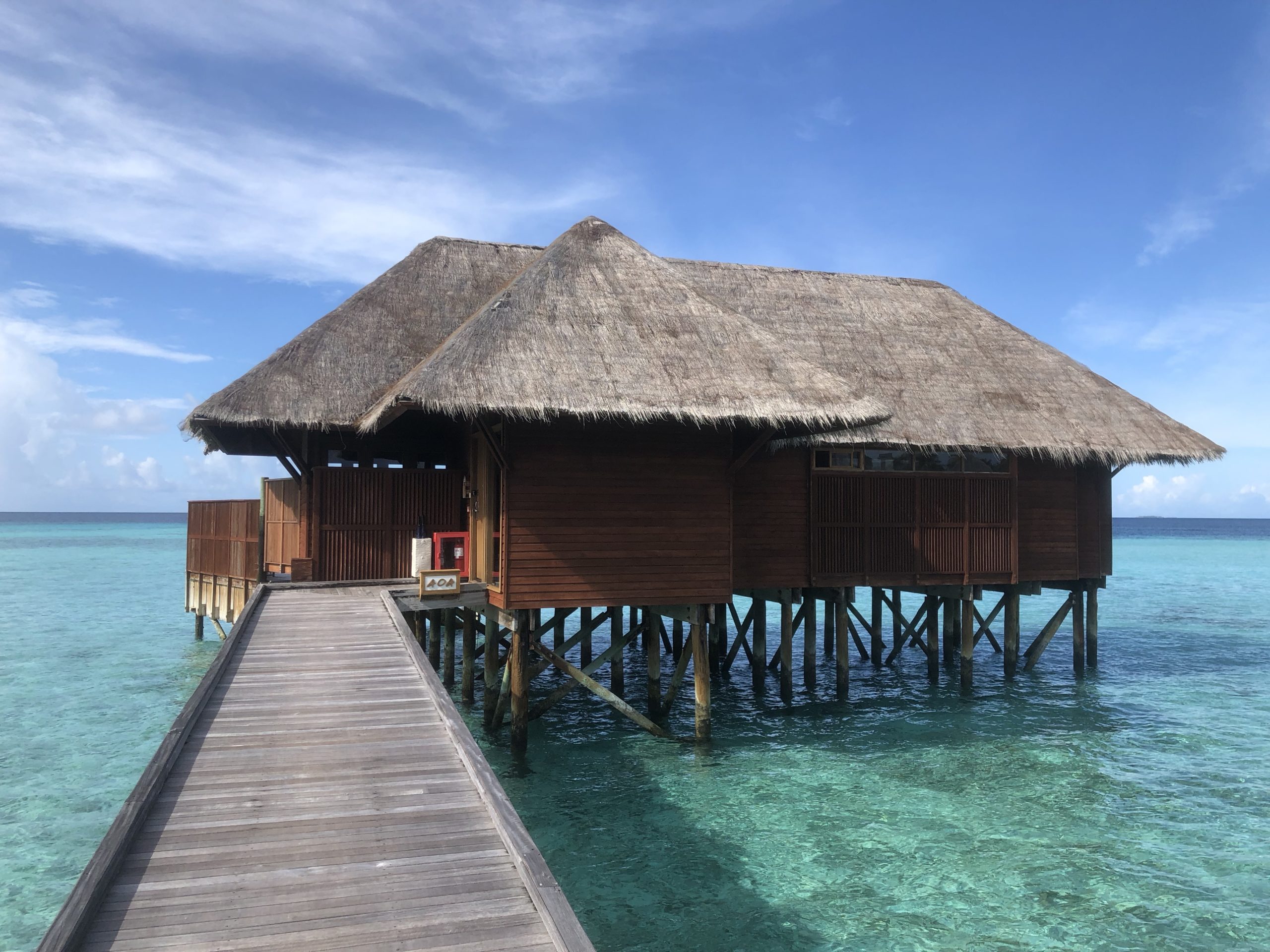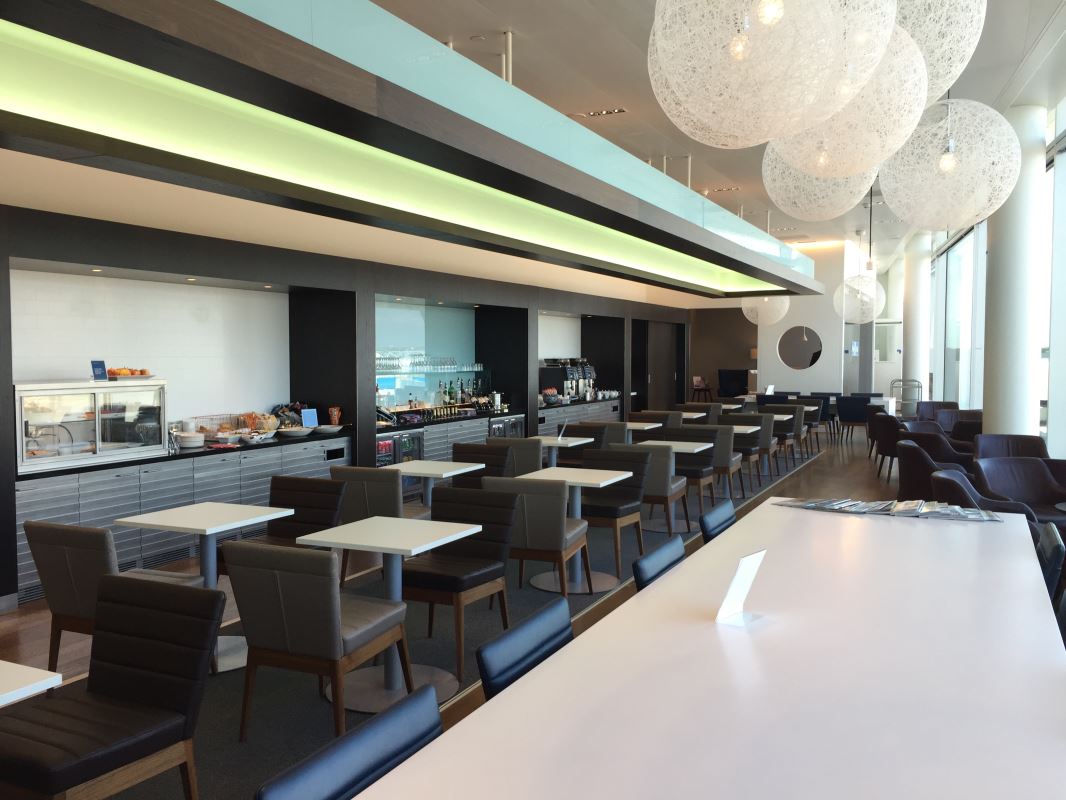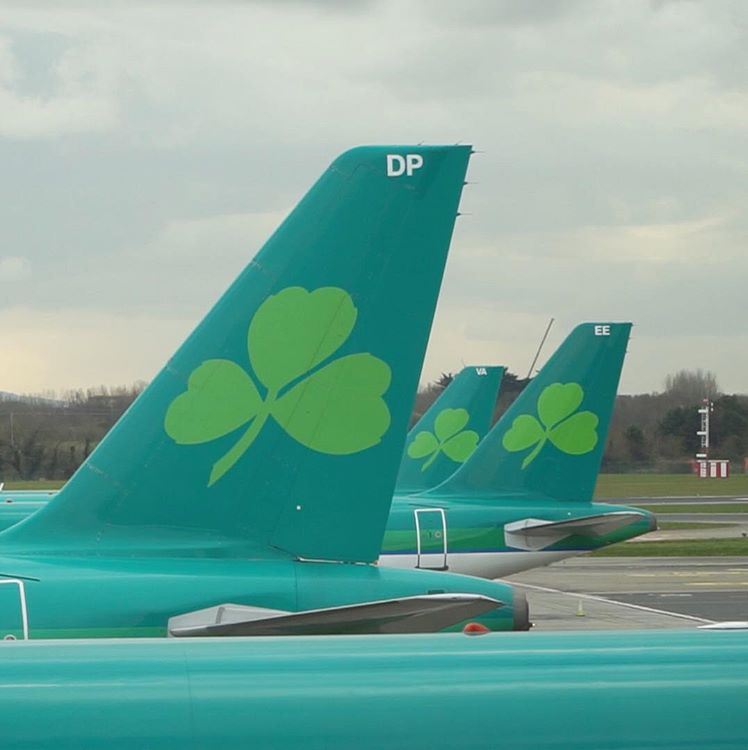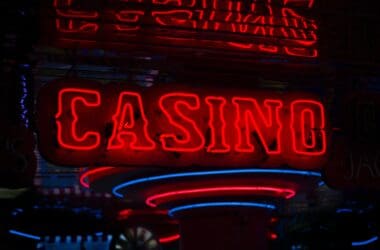Premise
As someone who experienced the amazingness of Japan, and is fond of slots and casinos, this article caught my eye. An argument for strong regulation and good reputation will drive a diverse visitor base and more local traffic, according to Satoshi Sakamoto, a senior executive director of Japanese gaming company Konami. As the recently legalized casino landscape in Japan is still forming, companies are concerned about cannibalization of their United States or other overseas business.

Article
Sakamoto argues for the right level of regulation, between too lax, and too stringent, to avoid business uncertainty and promote stability. Industry experts predict as high as $25 billion generated annually. Interestingly, casinos are close by, with target openings in 2023.
Big names from Las Vegas have been interested, such as Sands (which owns Palazzo and Venetian), Wynn Resorts (Wynn & Encore), and MGM (whole host of Mlife properties).
Konami business model
Konami sells slot machines to a variety of customers, with over 400 licenses around the world. Additionally, they operate a profit-share model from machine leasing, as well as a diverse video game and toys business.
It is imperative to run a clean business, according to Sakamoto:
“The most important thing is to have compliance and rules at the same level as Nevada,” Sakamoto said. “We want a clean casino and entertainment.”
Konami has about 12% market share currently in the United States, and is targeting the same in upcoming Japanese casinos. Due to December’s legalization of gambling, shares have soared, rising 16%. Further business diversification for Konami includes new gaming machine series, and casino management software for customers. Thus, it’s most likely a great feather in Konami’s cap to have Japanese business, especially with the scale of possible sales.

Headwinds

Japan’s more conservative culture has officials worrying about compulsive gambling, and considering a variety of restrictions. Currently, pachinko parlors, a historically and culturally important business, and race tracks are the only options available for Japanese gambling. Konami requires additional government clarity on casino plans before continuing its push for big business.
Thoughts & Conclusion
For those who have experienced gambling in Macau versus that in the US or Europe, it is very different. For example, Macau has a predominant focus on games catering to Asian customers. Additionally, Konami has an excellent understanding of local business demand in Japan. They would be able to cater to the locals without a problem. However, will there be enough demand, either locally or from neighboring countries, to sustain these businesses? Casino companies seem to think so, certainly, so it will be a very interesting next several years. Lastly, stay tuned for more updates on this, but it may take a while – casino and government legislation tends to move slowly!
Featured Image is of the Las Vegas landscape, from Pixabay. Disclaimer: This post may contain affiliate links which, should you click through and/or make a purchase, grant me a commission. I only post in the best interest of my readers. Lastly, thank you for supporting my blog and my travels.
What do you think of my writing? Have any questions? Let me know in the comments, or reach me directly at TheHotelion@gmail.com! Like my posts? See more here, on TravelUpdate! Follow me on Facebook (The Hotelion) or on Twitter and Instagram: @TheHotelion












